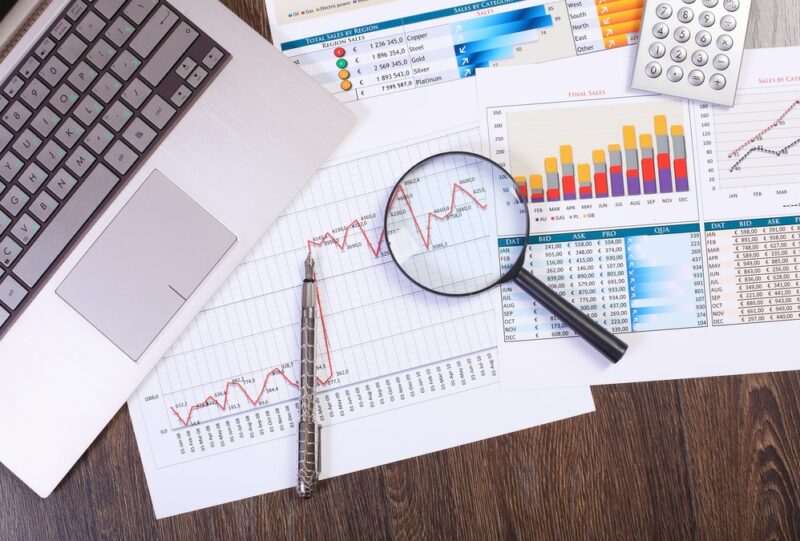Technology makes it progressively easier to interconnect the whole world. It only takes watching any financial television channel or accessing financial news online to realize just how aware people are of events taking place on the other side of the world and the economic effect that countries have on one another.
There is little doubt that globalization brings with it many positive benefits. However, when the threat of conflict, recession, and trade imbalances do occur, they often result in investors moving the money to safe-havens. The current uncertainty due to the unchecked pandemic can confuse even the savviest investor.
How Uncertainty Impacts Investing
Investing is inherently risky, and there is always a certain element of uncertainty. With new threats, such as COVID-19, the level of uncertainty increases. Companies are no longer in a position to project future earnings accurately.
This inability to accurately project earnings prompts investors to reduce their exposure in stocks considered high-risk, encouraging them to move to safer asset classes such as gold and other precious metals, government bonds, and money-market instruments.
It is a sell-off of risky investments that causes the stock market to depreciate.
Investors want to be in a position to somewhat forecast future events. Unfortunately, it is impossible to predict a recession or its extent. Most viable companies predict sales and production forecasts that provide tangible data to the investing public, assuming, of course, normal market conditions.
An ever-increasing level of uncertainty in the future makes it increasingly difficult to forecast with any degree of accuracy.
Risks
Market uncertainty has an impact on the economy on both the micro and macro levels. Micro-level uncertainty focuses on the impact of individual companies within an economy and how they might deal with unknown threats. Uncertainty on a macro level looks at the economy as a whole.
Micro Risks
Marketplace uncertainty is a primary concern for companies involved in the design, production, and marketing of consumer goods. Consumption often falls on the threat of a recession as people hold back, making major purchases such as automobiles, electronics, and other non-essential goods.
The uncertainty, if left unchecked, often results in companies trimming their head-count to stave off the impact of lower revenue. This uncertainty eventually spills over, having a detrimental effect on the company’s stock price. When levels of uncertainty rise, the consequence is often a sell-off of stock.
Macro Risks
At the macro level, uncertainty becomes more of an issue if the countries that are engaged in war are considered to be important suppliers or consumers of specific goods. A very good example is oil. Should Middle Eastern oil-producing countries engage in conflict, the uncertainty of continued oil supply grows.
The demand for oil is high, and a country embroiled in conflict may be unable to satisfy its own needs from within its borders. Under a condition such as this, the solution is storage, but the result is increased prices.
Companies and investors are also affected by the flight of capital and a drop in exchange rates. A country facing a degree of uncertainty faces the threat of recession, with the result being an uncertain future. Under these conditions, investors strive to move assets from an unstable environment to one more stable.
This is not something that a small investor would do, but large institutional investors would. These are all factors that negatively impact the value of a countries currency.
Investment Strategy in Uncertain Times
In times of financial uncertainty, the best possible defense is knowledge. The investor must follow any news that has an impact on markets and specific companies. Careful analyses of the sectors that have a lot to gain as well as those that have a lot to lose in times of economic upheaval is extremely important.
Uncertain times often lead to opportunities for investors who have pre-positioned themselves to take full advantage of them. Others may elect to invest in companies that provide services or goods that will lead to a better environment when the situation improves.
Regardless of the strategy, the objective is to maintain full awareness. Keep yourself well informed and place your portfolio in a position to take full advantage of prices when the market rebounds, which it will.
WeInvests is a financial portal-based research agency. We do our utmost best to offer reliable and unbiased information about crypto, finance, trading and stocks. However, we do not offer financial advice and users should always carry out their own research.
Read More













